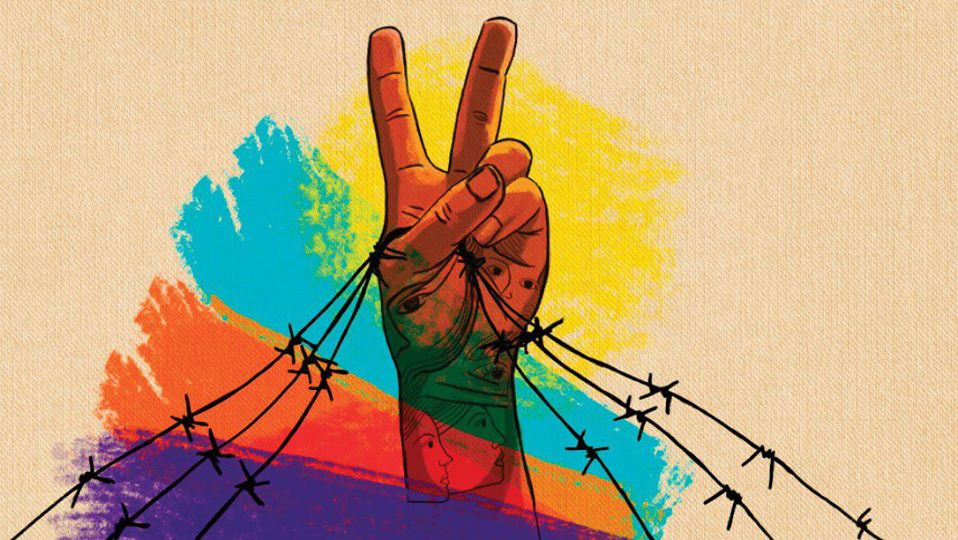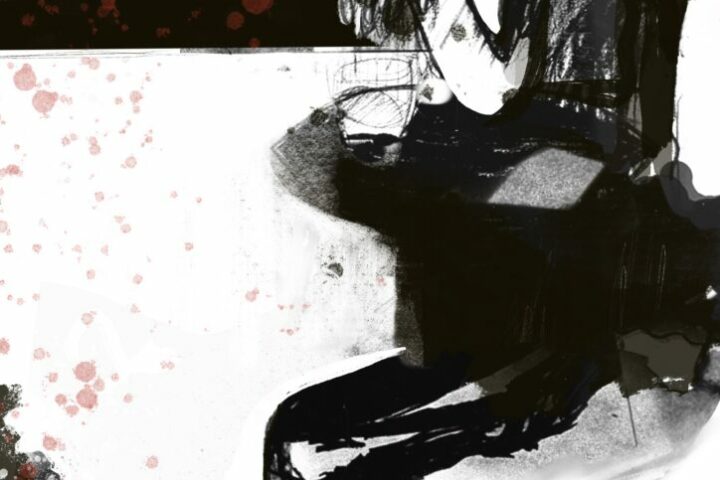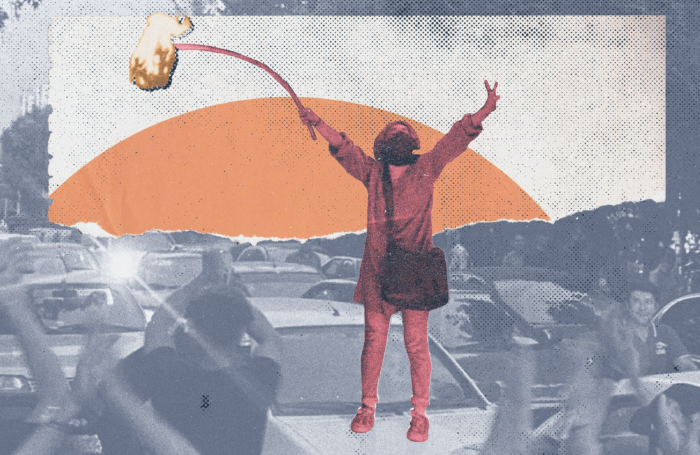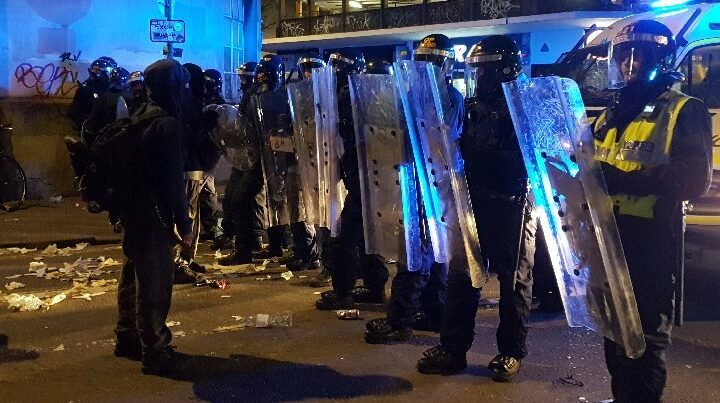Around the world, prison systems rely on systems and structures that oppress and subjugate groups of people for the purpose of exploitation and social control. Prisons are a site of struggle for many social movements, which believe in approaches to justice and social peace beyond authoritarianism, surveillance and violence. Why do prison struggles matter to women? What could prison abolition look like from a feminist perspective?
The panel is organized by Cenî Kurdish Women’s Office for Peace as part of the ‘Solidarity Keeps Us Alive’ campaign.
______________________
Speaker’s bios:
Njera Keith is a Diaspora oriented, Black organizer whose focus is the development of movement philosophy and infrastructure that supports cohesion and unity in revolutionary struggle. In 2017, Njera published “Sovereign Song: Words from the Revolution”. She is the founder and former Executive Coordinator of Black Sovereign Nation. She is also the co-founder of 400+1, a Black cooperative federation, a liberatory blueprint, and a framework for dramatic economic and political shifts in global, Black life.
Kristina Brown is a social epidemiologist by training with a specialty in the identification and assessment of disparities (race and gender). Principally oriented in Black revolutionary struggle, Kristina is fascinated by the utility of spirit, culture and communications to define and cultivate a revolutionary agenda. She is the co-founder and executive director of Counter Balance: ATX. Most recently, Kristina co-founded 400+1; the world’s first Black cooperative federation and Counter Balance’s parent organization, to build economic and political power across the Diaspora. It is her hope that this framework will be the vehicle for mass movement and result in propelling Black folx to a world unimaginable, beyond survival.
Dr. Yara Hawari is a Palestinian feminist, writer and senior policy analyst for Al Shabaka. In addition to her academic work which focused on indigenous studies and oral history, she is also a frequent political commentator writing for various media outlets including The Guardian, Foreign Policy and Al Jazeera English. She frequently documents and reports on abuses committed by Israeli occupation forces in Palestine.
Ayse Berktay is an activist of Tevgera Jinen Azad (Women’s Freedom Movement), and a member of the Peoples’ Democratic Party (HDP) Women’s Assembly. She is a translator, writer, politician, peace and women’s liberation struggle activist.
She has been involved in the struggle for freedom, equality, justice and socialism since her university years. Since 1993, she has been actively involved in the feminist struggle. She was part of the NO TO WAR IN IRAQ Coordination in Turkey and in the global anti-war movement which developed within the World Social Forum. She is one of the initiators and coordinators of the WORLD TRIBUNAL ON IRAQ (WTI). She was part of the Diyarbakır Prison Truth and Justice Commission, Women’s Peace Initiative and Women’s Freedom Assembly.
Glenis Balangue-Dalkiran is a Filipino researcher and activist. She is coordinator of IBON Europe (Brussels, Belgium), the representative office of IBON International in Europe. IBON International is a Philippine-based service institution that cooperates mainly with social movements and civil society constituencies in all regions of the world, especially in the Global South and among marginalised groups. IBON International believes that addressing the roots of poverty, inequality, exclusion, environmental destruction and injustice entails a process of social transformation – a process of building the people’s sovereignty, to self-organise, self-mobilise and serve as development actors in their own right. It campaigns and advocates against militarism and aggression. It is a member of the International Coalition for Human Rights in the Philippines (ICHRP). In the Philippines, Glenis worked with IBON Foundation, an independent and leading research think tank on socioeconomic issues, from 2004 to February 2018, as Senior Researcher.
Blandine Juchs is a member of the international commission of the People’s Congress, a Colombian social and political movement that aims to build popular power from below, toward dignified life. As part of a movement that includes urban, peasant, women’s, youth, Black and indigineous struggles, she is involved in prisoner’s solidarity and women’s movements.




